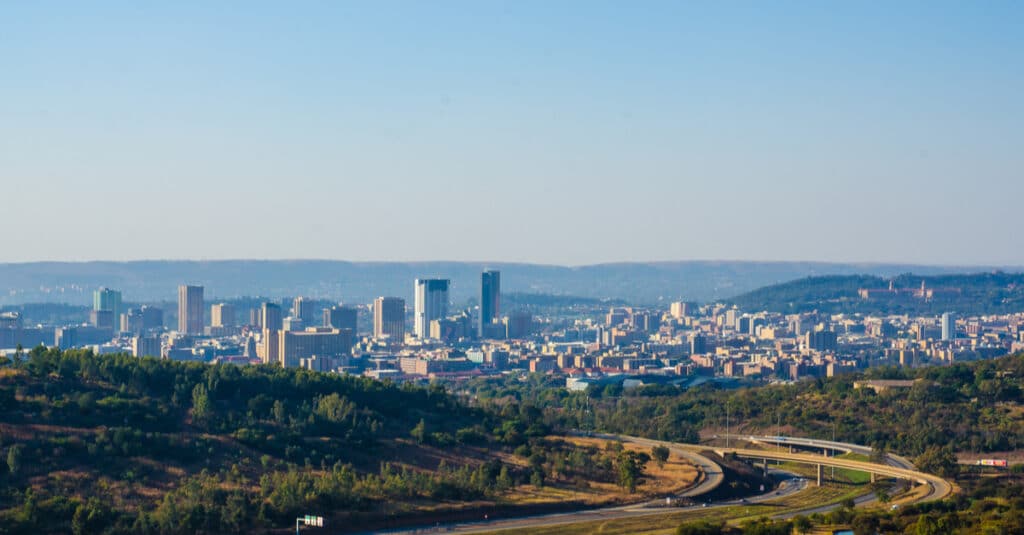South Africa is not one of the 50 countries committed to the 30% target, a UN campaign that aims to unite world leaders on turning 30% of the Earth into protected areas by 2030. The country was not even present at the One Planet Summit 2021, the event at which the intergovernmental coalition for biodiversity was launched. The coalition’s mission is to vote in favour of the adoption of the 30% target at the next summit of the Convention on Biological Diversity (COP15), to be held in China in September 2021.
In a recent release, Alice Jay, the campaign director of the biodiversity coalition said that the members of the coalition would be delighted to have South Africa on board. The country “has a leading role in the global negotiations of the Convention on Biological Diversity. Its engagement with us would be crucial to the achievement of the 30% target. It would join other African champions of nature such as Gabon, Mozambique, Angola, Ethiopia, Botswana, Nigeria, Kenya, Rwanda, Democratic Republic of Congo (DRC), Senegal, Congo, Uganda, Ivory Coast and Benin, all of which are members of the coalition,” she added.
South Africa reaffirms its commitment to biodiversity
Reacting to the call of the intergovernmental coalition for biodiversity, the spokesman for the South African Department of Environment, Forestry and Fisheries, recalled that his country is a signatory to the Convention on Biological Diversity, and that to this end South Africa has committed to work towards the adoption of a post-2020 global biodiversity framework at COP15. “We strive to conserve our biodiversity, promote its sustainable use and ensure the fair and equitable sharing of benefits arising from the use of genetic resources and associated traditional knowledge,” explains Albi Modise, spokesperson for the South African Department of Environment, Forestry and Fisheries.
Ranked among the 17 countries with the world’s richest biodiversity, South Africa is therefore taking an uncompromising stance on the 30% target. Survival International is fighting against this target. The NGO has launched a petition against the campaign, which it believes could harm the lives of 300 million people, including the indigenous people of Africa, the true guardians of the forests.
Boris Ngounou
